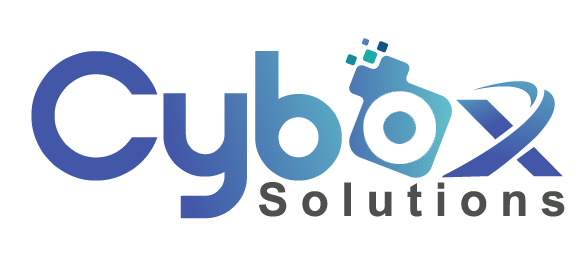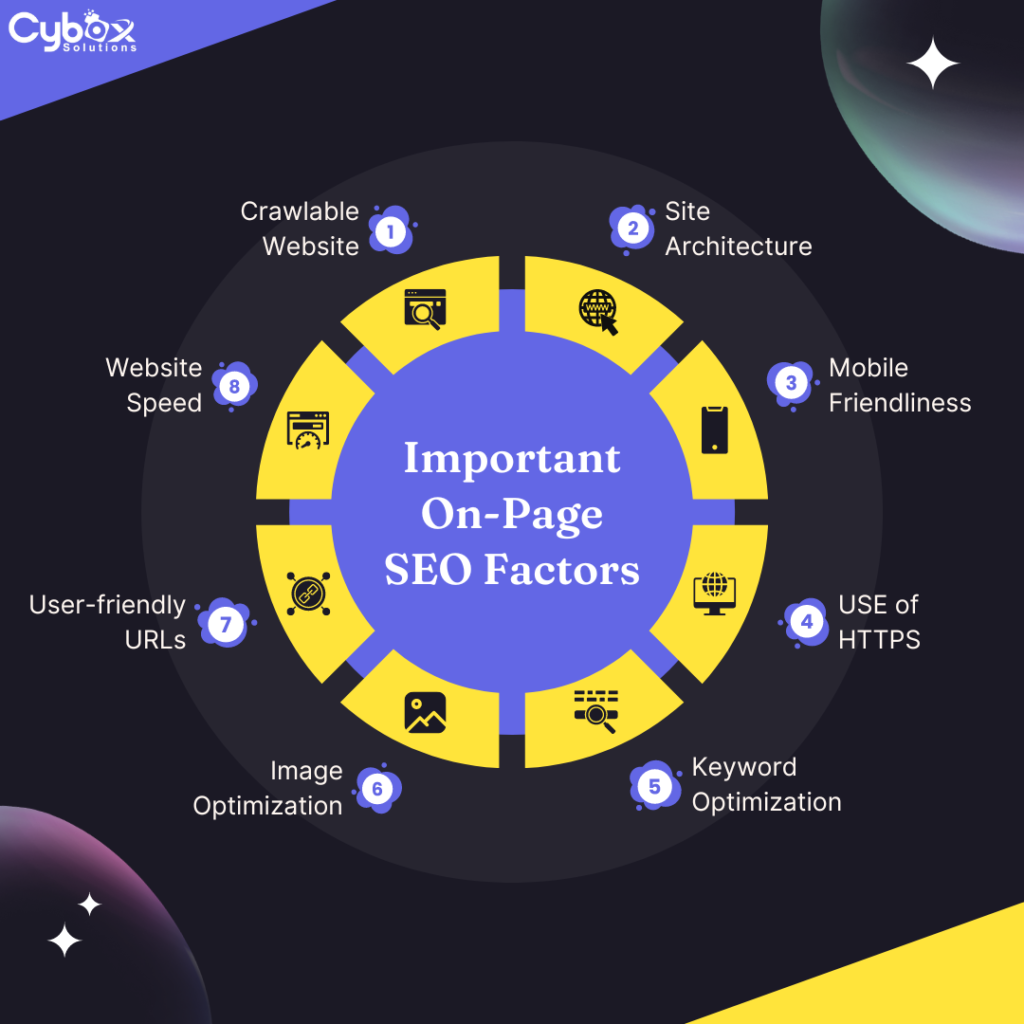On-page SEO refers to the optimization of elements directly within your website’s control. It plays a crucial role in improving your search engine rankings and attracting organic traffic. Here are the top 10 essential on-page SEO factors you need to know:
Keyword Research:
- Conduct thorough keyword research to identify relevant terms that your target audience is searching for.
- Use keyword research tools to find popular and low-competition keywords.
- Incorporate these keywords naturally into your website content, titles, meta descriptions, and headers.
Title Tags:
- Create compelling and informative title tags that accurately describe the content of your page.
- Include your target keyword in the title tag.
- Keep title tags concise and within a reasonable length (around 50-60 characters).
Meta Descriptions:
- Write concise and engaging meta descriptions that entice users to click on your search results.
- Include your target keyword in the meta description.
- Use a strong call to action to encourage clicks.
Header Tags (H1, H2, H3, etc.):
- Use header tags to structure your content and indicate the hierarchy of information on the page.
- Incorporate relevant keywords into your header tags.
- Use header tags in a logical and consistent manner.
Content Quality and Relevance:
- Create high-quality, informative, and engaging content that addresses your target audience’s needs.
- Ensure your content is relevant to the keywords you’re targeting.
- Regularly update and refresh your content to maintain its relevance.
Image Optimization:
- Use descriptive file names for your images.
- Add relevant alt text to images to describe their content.
- Optimize image size to improve page load speed.
Internal Linking:
- Link to relevant pages within your website to improve navigation and distribute page authority.
- Use anchor text that includes relevant keywords.
Mobile-Friendliness:
- Ensure your website is fully responsive and optimized for mobile devices.
- Google prioritizes mobile-friendly websites in search results.
Page Loading Speed:
- Optimize your website’s loading speed to improve user experience and search engine rankings.
- Use tools like Google Page Speed Insights to identify areas for improvement.
User Experience:
- Provide a clear and intuitive user experience with easy navigation and well-organized content.
- Make sure your website is easy to use on both desktop and mobile devices.
By focusing on these on-page SEO factors, you can significantly improve your website’s visibility and attract more organic traffic. Remember, SEO is an ongoing process, so it’s important to monitor your website’s performance and make adjustments as needed.







No comment yet, add your voice below!